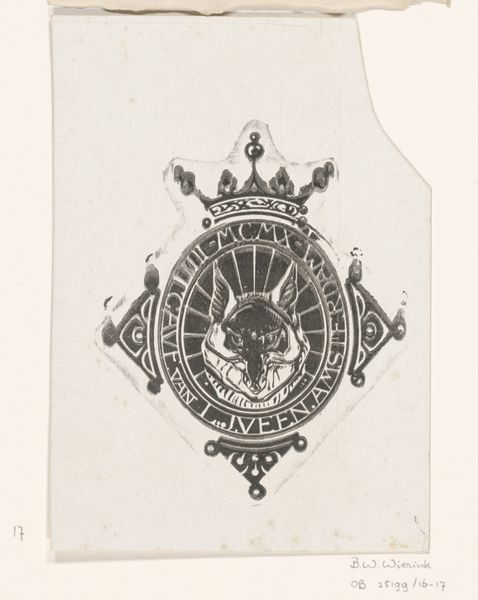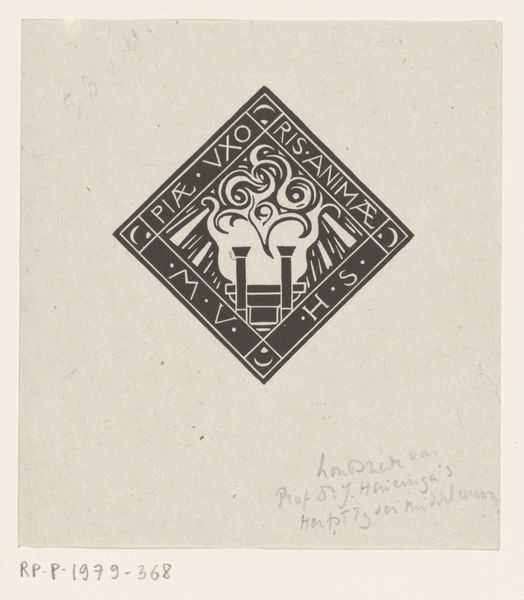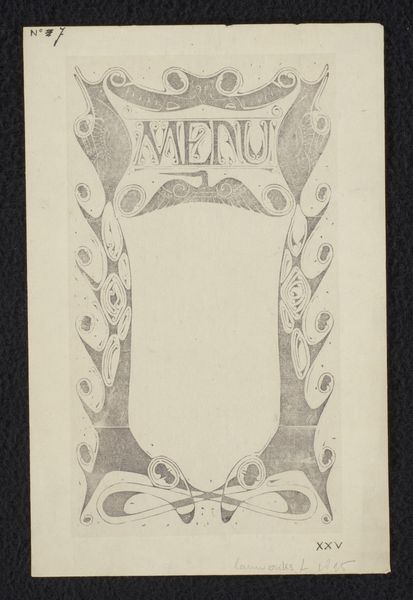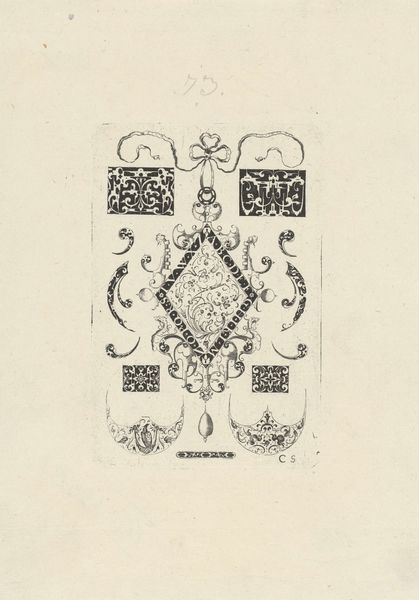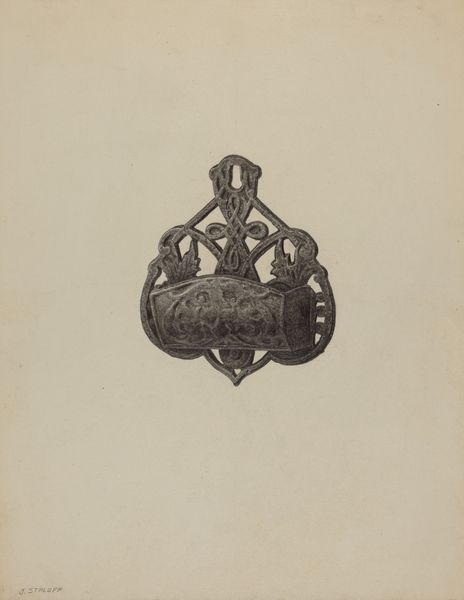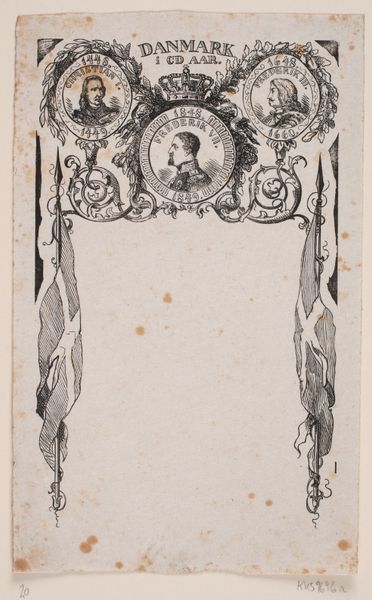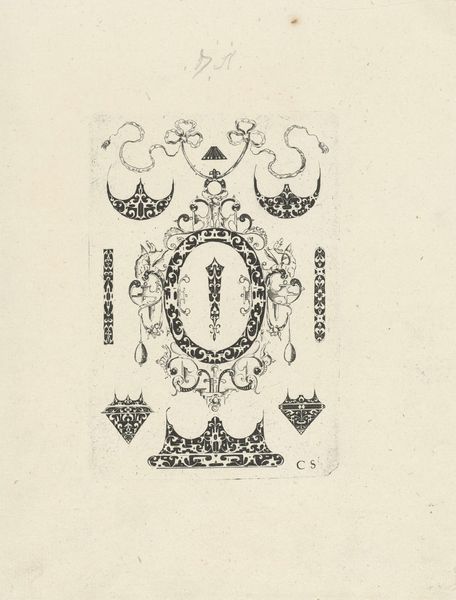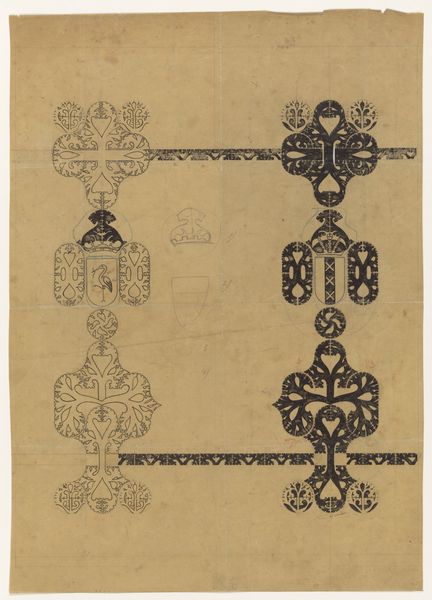
Ace of Spades (black), from the Playing Cards series (N84) for Duke brand cigarettes 1888
0:00
0:00
drawing, graphic-art, print
#
drawing
#
graphic-art
# print
Dimensions: Sheet: 2 3/4 x 1 1/2 in. (7 x 3.8 cm)
Copyright: Public Domain
This 'Ace of Spades' playing card, part of a series for Duke cigarettes, provides a glimpse into the cultural landscape of the late 19th century. W. Duke, Sons & Co., based in Durham, North Carolina, and New York, was at the forefront of the burgeoning tobacco industry. These cards were originally promotional items, inserted into cigarette packs to stiffen them. However, they soon became collectable items. They were, in a sense, trading cards, often featuring actors, athletes, or prominent figures. The use of playing cards as advertising represents the intersection of leisure, consumption, and identity. They encouraged brand loyalty, constructing a lifestyle image around smoking which suggests a society grappling with new forms of mass media and consumer culture. They reflect a time of profound social change. Consider the implications of this image, connecting pleasure, status, and a habit that would later be understood as a significant health risk.
Comments
No comments
Be the first to comment and join the conversation on the ultimate creative platform.
